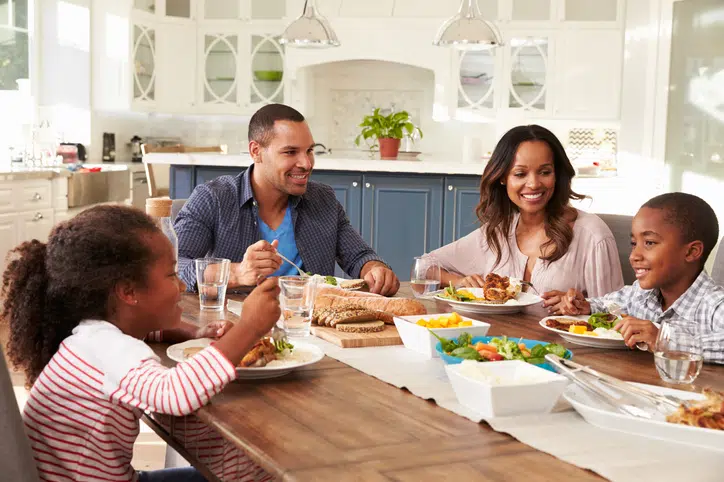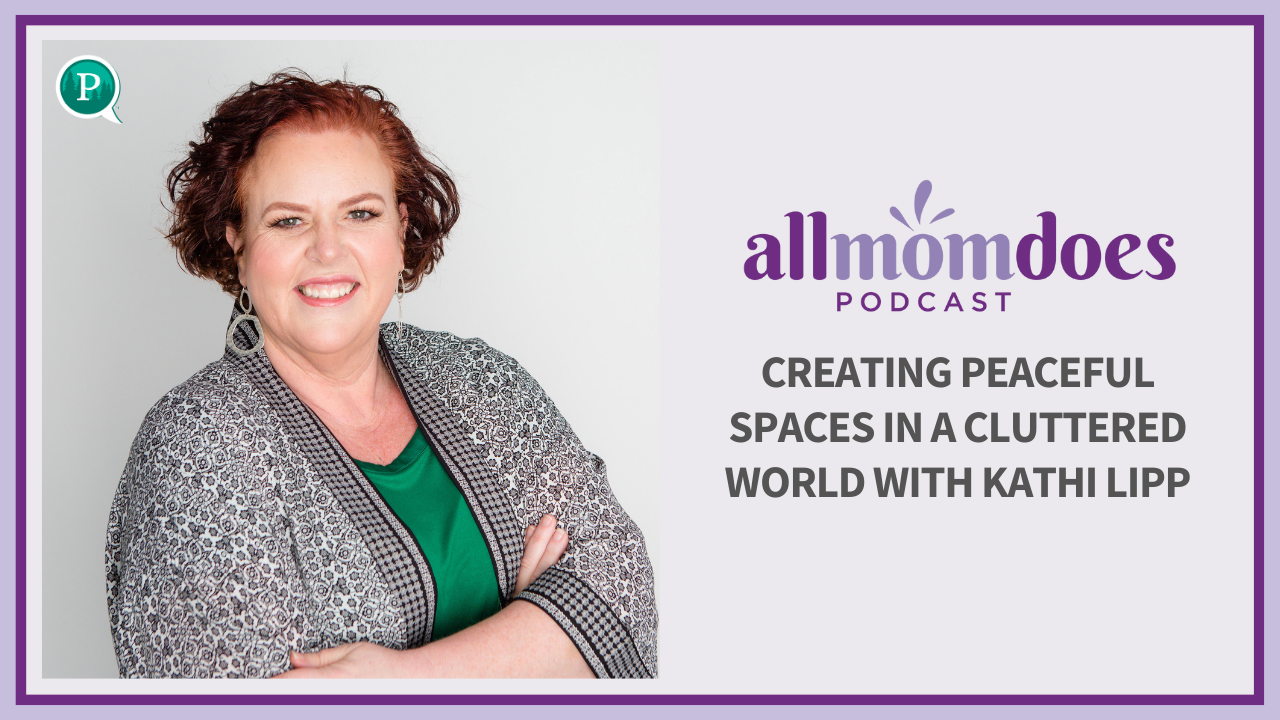 By Mandy Fiechtner, Bellevue Christian JH/HS Teacher
By Mandy Fiechtner, Bellevue Christian JH/HS Teacher
At Bellevue Christian School, we’re proud of the innovation that’s happening and the high-quality education we’re providing in the midst of an unprecedented social and educational climate. We invite you to call the Admissions Office today at (425) 460-3300, apply online at bellevuechristian.org or email BCS at admissions@bellevuechristian.org. We are happy to setup a tour or tell you more about our special programs, Athletics, Arts and Academics. Bellevue Christian is excited to work alongside you to prepare your child to live faithfully for God.
August marks a month of transition for most families. There is both a sense of urgency to enjoy the last bits of summer and a sense of change lingering in the not so distant future. For many, this means students heading back to school, for some prepping for homeschool and for others a physical move back to boarding school or university. In all circumstances there are innumerable physical changes and needs, from bedtime and morning routines to packing bags and getting supplies. And while those are important and unavoidable, there is an even more pressing preparation that families should be intentional to engage with as the transition back to school looms.
It is a social and emotional preparation for both you and your children.
The nice new backpack full of the right supplies is one thing, but what does it look like for your student to go back to school with a kind spirit and a full heart? How can you be sure your student feels safe and seen? How can you encourage and teach them to be a part of helping others feel safe and seen? This is a preparation you are hopefully engaging on a regular basis but August is a great time to double down on these social and emotional conversations.
Plan a family meeting or dinner conversation when you will let your children give voice to both their excitement and fear about returning to school. Share your own feelings as well. Be sure to simply listen, it is not the time to try and “assure them” as this can often feel dismissive of their emotions. Instead make note of what they say, maybe quite literally take notes. Respond with “Thank you for sharing.” Or, “That does sound great/exciting/ scary/ hard…” Then plan for how you can follow up with each other in the days leading up to school.
This is what check in might look like at my dinner table.
Me: “I am excited for you all to be back with your peers, I know you have missed them during quarantine. I am very worried about (oldest) driving as a young black teenage alone. I am trying to be prayerful about both things.”
Oldest: “I am excited for my new school; my class schedule has some interesting subjects. I am also a little afraid of driving alone. It has been a difficult summer; I hope school brings more consistency.”
Middle: “I am excited because I get a phone to use on the bus and I get to wear lip gloss to school. I’m nervous about making new friends and that friends from my elementary school will forget me.”
Youngest: “I’m excited to be back at school so I can play kickball at recess again. I’m nervous about the bullies that were mean to me in the bathroom last year. I hope they aren’t at my school anymore. I don’t understand how we are supposed to love our enemies. They were so mean to me.”
Husband: “I am looking forward to having more concentrated time to work while you are at school. I am concerned about how people will treat you at your new schools. I am always hoping people will see the beautiful, kind and compassionate children I know, but that doesn’t always happen. I’m praying that you always see people with God’s eyes and that other do the same for you.”
Every family’s check-in will be different of course. But what is most important is space to share honestly and without response. Your goal is not to solve what is said, it is to listen. What your child shares will hopefully reveal more about what is on their mind, what is beneath the excitement or disgust about going back to school. These emotions are a huge part of your child’s school experience, listening and giving space is crucial to helping them successfully navigate the emotional aspects of the social structures that they will enter when school resumes. Your follow up plan is how you can unpack these emotions, both the excitement and the fears.
This is what my family follow up might look like:
Oldest: I might ask questions while we drive because the car seems to be a safe place for him to talk. Follow up could be as simple as, “You said your schedule has some interesting subjects, which one are you most excited for?” Follow up on his fears could be a text as he struggles to articulate when he is under stress. It could read “I’m sorry you are nervous about driving to school alone. Do you think following up with Robb on what you should do if you are pulled over would help?”
Middle: I know her love language is time, so I might suggest we try out all her new lipsticks to decide which one she wants to wear on the first day, maybe even pick what she will wear with a mini fashion show. To address her worries about friends not remembering her I could suggest that she put their numbers in her new phone so she could send them messages and talk about how to maintain friendships even when you don’t see each other every day.
Youngest: My husband could follow up while playing catch or basketball. “Do you think you could show me the best way to launch a pitch in kickball? It would be good practice for recess.” He could also take this time to ask him about who he plays kickball with then follow up with, “Do you think you could ask them to walk with you when you go to the bathroom? Sometimes when we have friends with us bullies will leave us alone.”
The most important part of follow up is making sure your child knows you heard them. Be specific and reference what they shared at check in. And then tell them tangible ways that you can support them or that they might support themselves as they prepare for school.
Make a habit of these check-ins so you can continue nurturing and being attentive to your child’s emotional health. Ask them what things happened at school that brought them joy more often then you ask them if they’ve done their homework. Encourage them to sit with a new kid as much as you encourage them to get their school supplies together. Remind them that they can share hard things with you more often then you remind them to move faster. Help them imagine what it feels like for other kids at their school as well. Talk through what it is like to sit alone at lunch or to have dyslexia, or to be the only kid who wears a hijab. Give them role playing opportunities, so they feel prepared in the fears they expressed. Ask them how you can support them, what questions do they hope you will ask when they get home from school or what do they want to hear before you drop them off at school. Make sure they know you care about them as your child more then you care about them as a student.
I have been an educator for 12 years and I can tell you that by high school kids have “school” down but what many of them lack is the emotional skills to engage in their culture well. All the human needs that make us want to feel seen and known and loved are amplified in the school environment. Students carry this need everywhere, yet they often don’t know how to ask for or advocate for this in their lives. They get the “school” stuff and the “classroom” stuff quickly, it is all the parts in between that they need help preparing for. The emotional preparation you do in August can drastically change passing time, recess, lunch, and riding the bus. Take the time to focus more energy there then on the logistics, because no matter how much you move up bedtime or prep for the first week, something will go sideways. But your return on emotional preparations will not come back void.

















